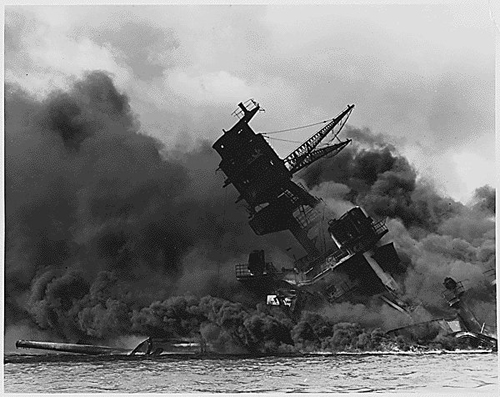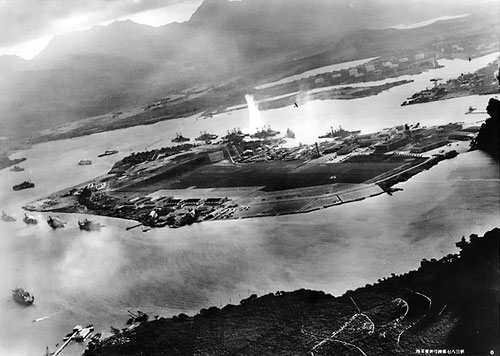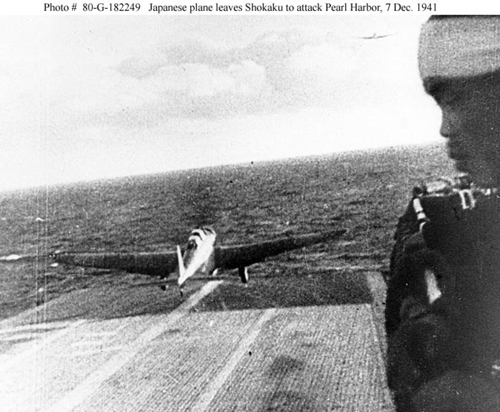Reschooling in History: My Grandpa Remembers the Bombing of Pearl Harbor
It’s December 7th, and for most of us it’s just another day. But for my grandpa Bill, my mom’s father, it is “a day which will live in infamy.” This is how President Franklin D. Roosevelt described the day on which Japanese planes bombed Pearl Harbor on a quiet Sunday morning in 1941.
Recently, I interviewed my grandpa, whom I call Gung Gung (“Grandpa” in Cantonese), to document his experiences that day and the months that followed. Our conversation was a helpful part of my reschooling: unlike many of my history classes, it was meaningful, story-based, and personally relevant. It also helped me appreciate the value of hard work and security. Here is an excerpt of the piece.
***
These are some things that my grandpa Bill likes: A $1.99 roast beef sandwich at Arby’s. The plastic forks that he keeps in a kitchen drawer, just in case. The cup of coffee at McDonald’s he gets each day with his senior citizen discount. He has always provided well for me and the rest of his family, and at the same time, nothing makes him smile like a good deal.
My mom’s father is a triple threat of thriftiness: he’s a senior citizen, he’s Chinese (a culture known for being frugal) and he came of age in Depression-era Hawaii. It wasn’t until I interviewed him about a major event in his life that I understood the roots of his “waste not, want not” values.
In December 1941, my grandpa was living in Hawaii, seven miles from Pearl Harbor on the morning it was bombed. This is his story.
***
One early Sunday morning after church, Bill was eating breakfast by himself in his family’s modest dining room when he heard loud noises outside. They came sporadically and sounded like cannon fire. He didn’t pay much attention at first, because the military bases nearby would often fire cannons in practice drills called “maneuvers.” Bill, a 17-year-old high school student known for his slick black hair and big smile, kept on eating.
As the thundering sounds continued, it occurred to Bill that they were abnormally loud, and that one came quickly after the other. He realized that the cannons never fired practice rounds that early on a Sunday morning. When the sounds kept coming, he knew that something was wrong. He gobbled down the rest of his food, jumped up, and ran out the front door and down the porch steps to see what was happening.
The date was December 7, 1941. What Bill had heard were bombs that Japanese planes had dropped over Pearl Harbor, and U.S. cannons firing back at them. The attack had taken Hawaii—and the rest of America—completely by surprise.
The cannon fire continued as Bill dashed down his front steps and out into the street to investigate. People were beginning to run out of the open doors of their homes, stepping outside their picket fences to look up at the sky. Some looked half-asleep, having been awakened by loud noises. They seemed more curious than afraid, looking toward the horizon for an explanation. Bill and his neighbors could see black smoke billowing up to the sky from the direction of Pearl Harbor.
Soon, the neighbors who had radios in their homes came outside to share the news with their neighbors: The Japanese had bombed Pearl Harbor. They had sunk the USS Arizona, a Navy battleship, and killed an untold number of service members.
“This is not a drill,” the radio announcer said. “This is the Real McCoy. Take cover.”


